When you browse the racks of a clothing store, it’s easy to forget the journey your clothes have taken to reach you. From the design phase to manufacturing, there are many hands involved in bringing your garments to life. However, it is crucial to ask an important question: “Who is sewing your clothes?”

Most of the garments we wear today are made in factories, often located in different countries than where they are sold. The fashion industry has become increasingly globalized, with production outsourced to countries where labor costs are lower. This practice allows brands to maximize their profits, but it also raises concerns about workers’ rights and fair labor practices.
Reports have revealed instances of exploitative labor conditions in some garment factories, where workers endure long hours, low wages, and limited benefits. In some cases, child labor has also been unfortunately prevalent. These unethical practices not only impact the lives and well-being of workers but also contribute to environmental degradation through excessive resource consumption and waste generation.
Thankfully, an increasing number of consumers are demanding transparency and accountability from the fashion industry. Several initiatives have emerged to shed light on supply chains and promote fair trade practices. For example, some brands have started partnering with certified fair trade organizations or implementing their own monitoring systems to ensure better working conditions for their employees.
Furthermore, grassroots movements advocating for fair fashion and ethical production are gaining traction. Activists are urging companies to provide safe working environments, fair wages, and sustainable practices throughout the supply chain. Consumers are being encouraged to support ethical brands, shop from second-hand sources, and educate themselves about the impact of their purchasing decisions.
Ultimately, it’s essential to consider who is sewing your clothes and under what conditions. By actively supporting brands that prioritize workers’ rights and environmental sustainability, we can contribute to a more responsible and equitable fashion industry. Every purchase is an opportunity to make a difference and shape a future where all individuals involved in the production process are treated with dignity and respect.
Take a moment to reflect on the supply chain behind your outfits, and together, let’s sew a fairer future.
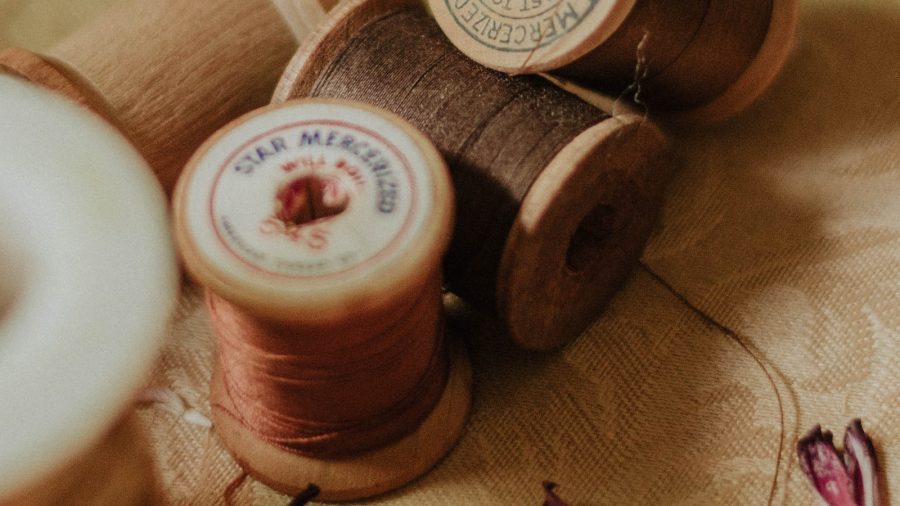
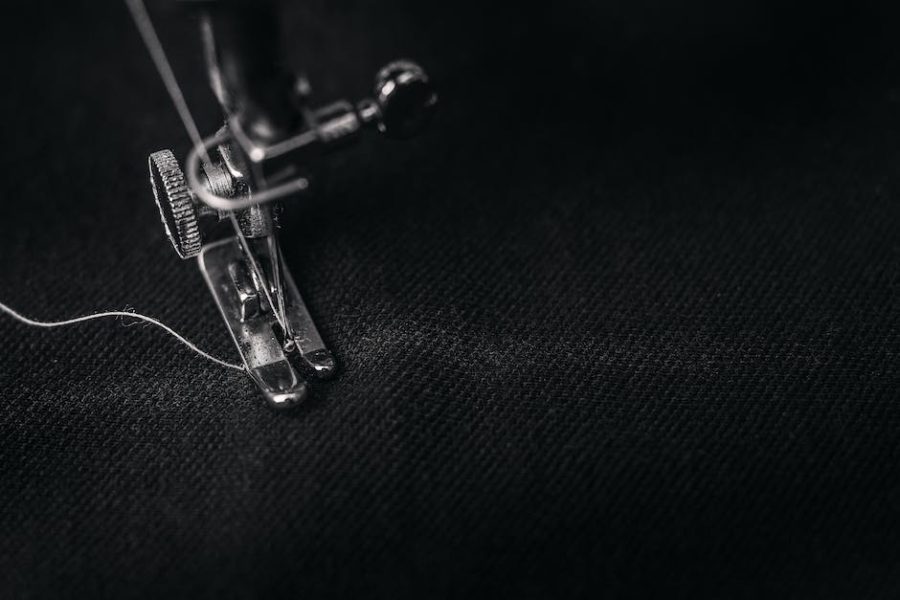
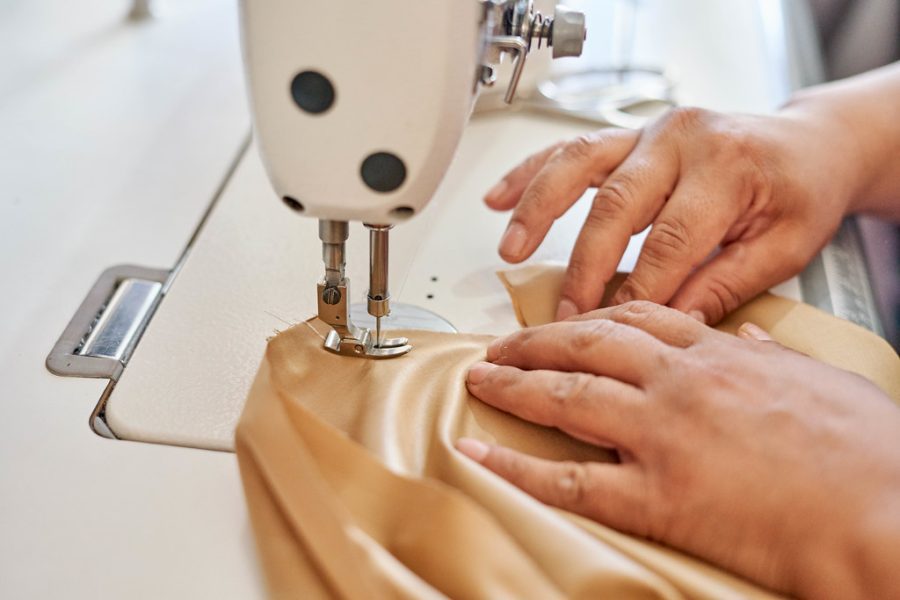
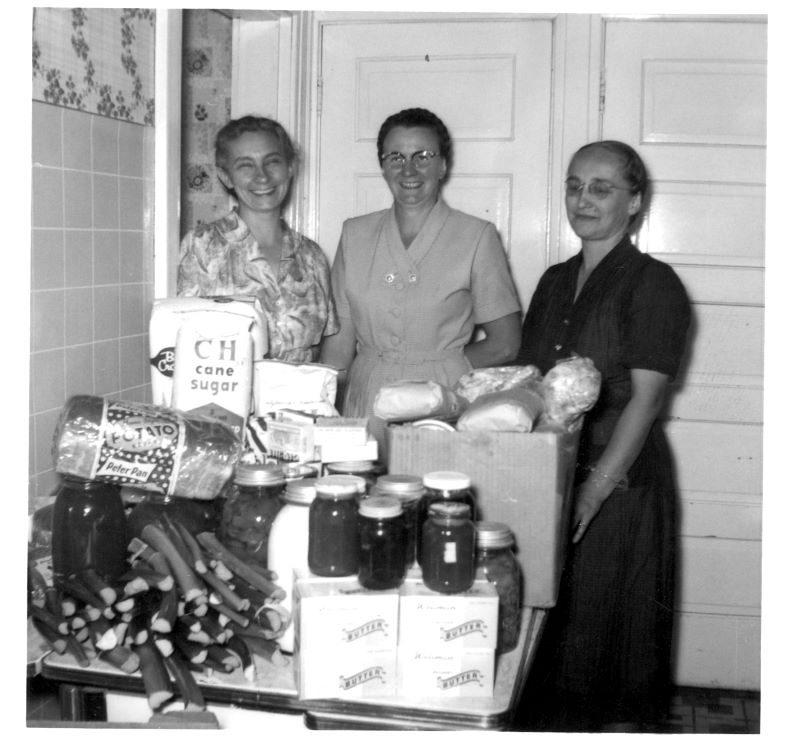
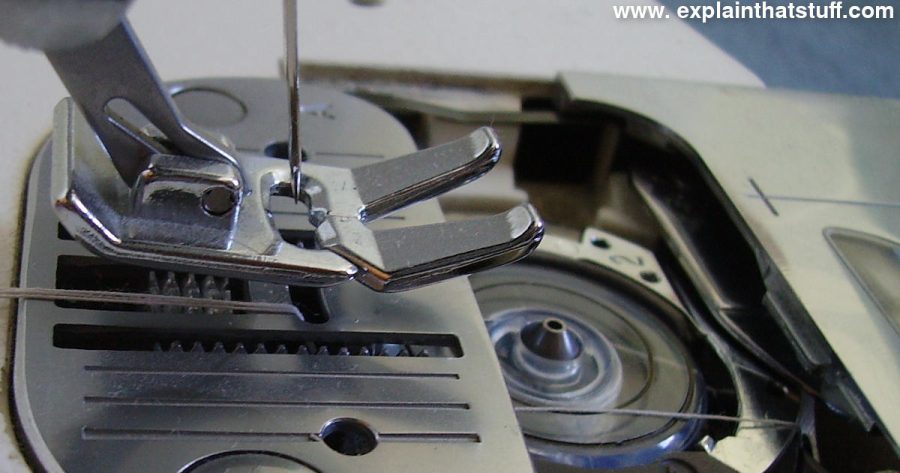
Glad to see more people learning to sew! #skillbuilding
Josh Taylor: Yes! Very important to know the basics of sewing to help upcycle clothes. #sustainablefashion
Absolutely! Every person should have this fundamental skill. #handmadesewingclothes
This sounds like a great initiative to encourage people to take control of their wardrobe and have some fun with sustainable fashion! #1DIYskills